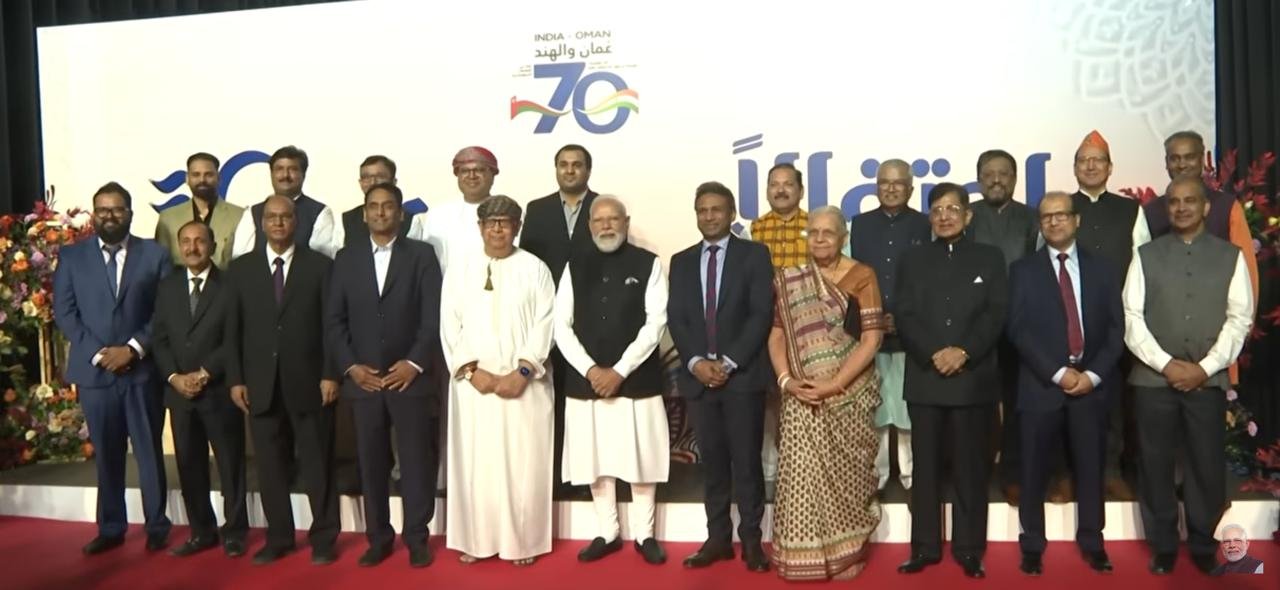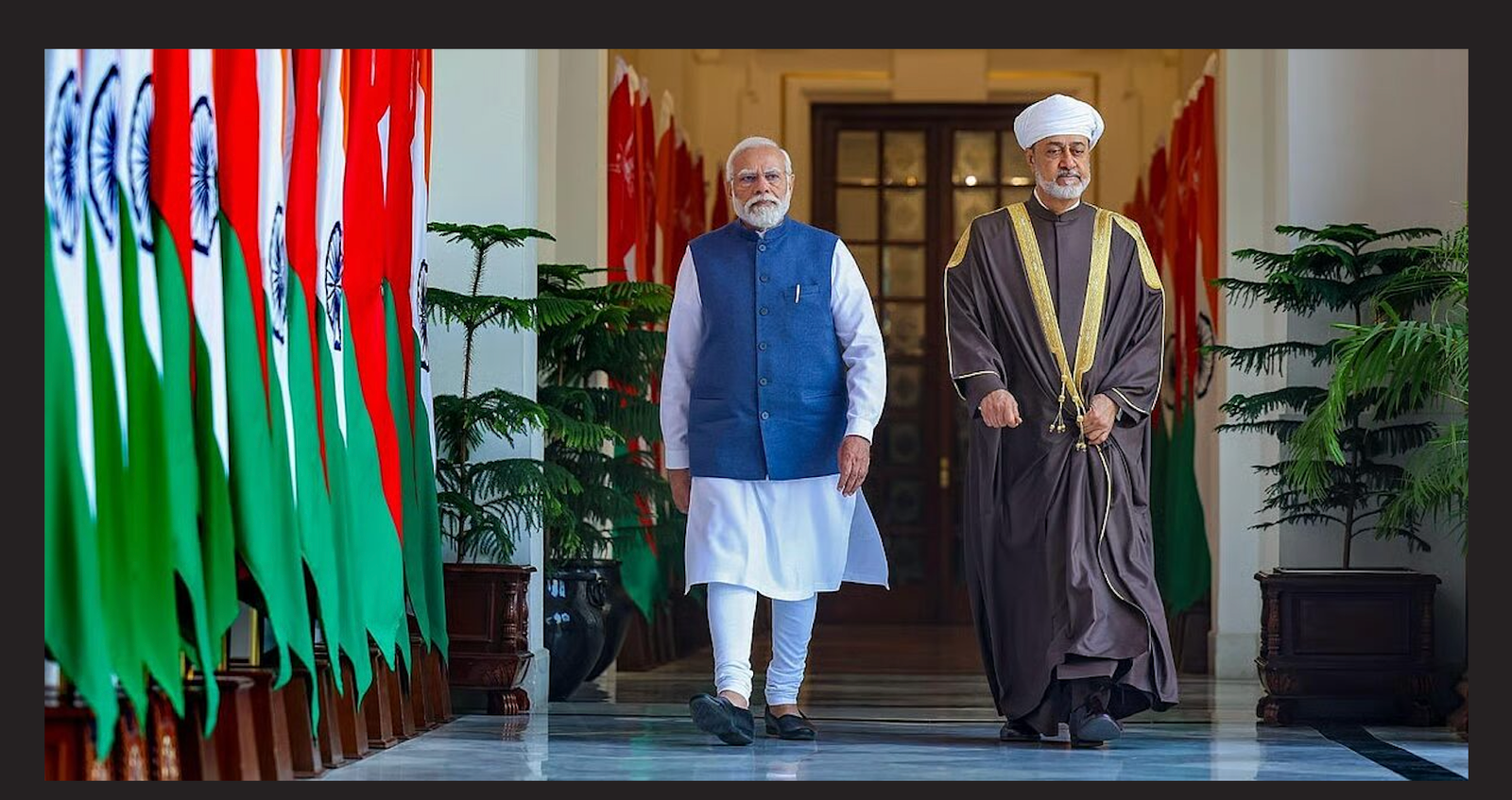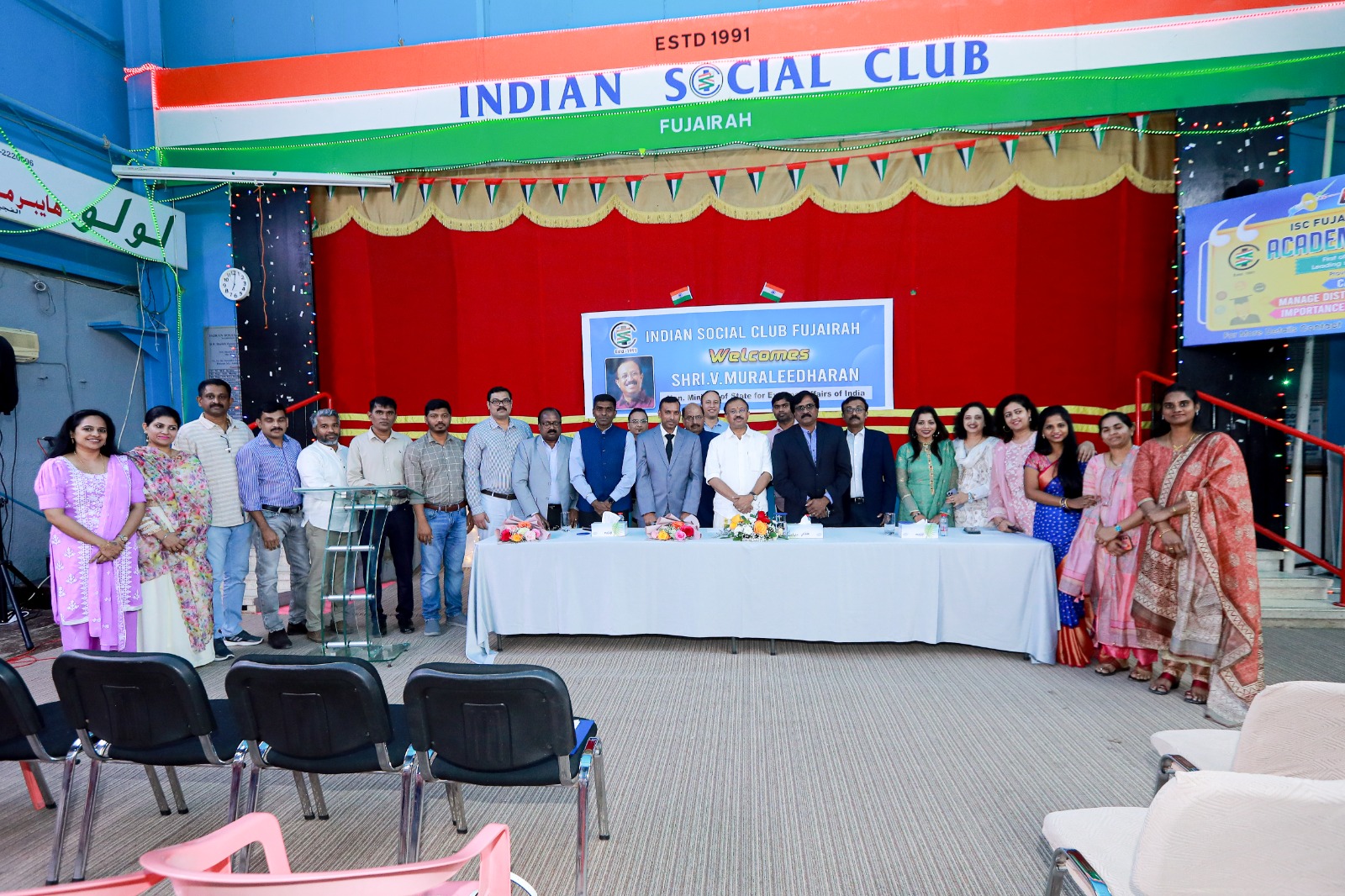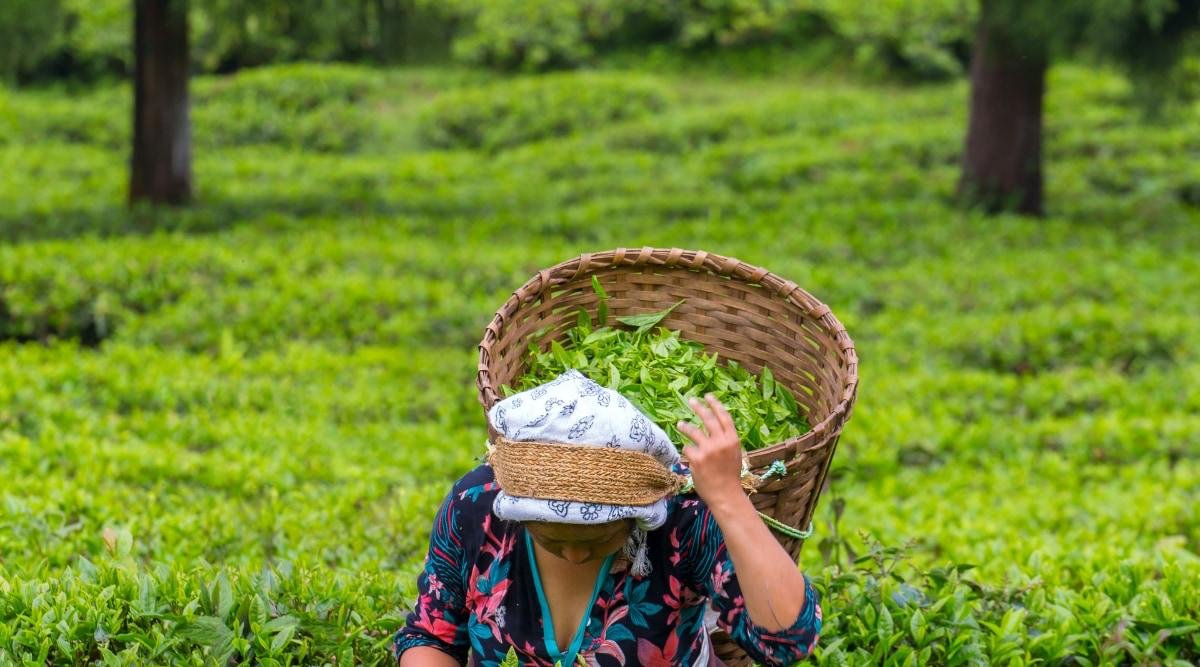Australia is home to over 1.1 million South Asian residents, and amidst this demographic, associations have emerged openly committed to “preserving” upper-caste Hindu culture
Indians residing in Australia continue to face the specter of caste discrimination, a social ill they hoped to leave behind when moving thousands of miles away from India. One such account is that of Vaibhav Gaikwad, a sustainability professional, who experienced diminishing social invitations as his upper-class Hindu acquaintances discovered his Dalit background. This discrimination permeates various aspects of life, from workplaces to social gatherings and places of worship, highlighting a deep-seated issue within the diaspora, scmp.com reported.
Australia is home to over 1.1 million South Asian residents, and amidst this demographic, associations have emerged openly committed to “preserving” upper-caste Hindu culture. The Nepalese Hindu Society of Australia, for instance, refuses entry to lower-caste priests, while lower-caste individuals have faced denial of accommodation and job opportunities. The discriminatory practices extend to Sikhs as well, with lower-caste Sikhs establishing their places of worship due to exclusion from established gurdwaras.
Amidst these challenges, there is a growing call to classify caste as a protected category under Australia’s anti-discrimination laws. In 2022, the Australian Human Rights Commission recognized caste discrimination as a form of intersectional racism, emphasizing the need to consider it as a protected category in legislation. However, as of now, explicit legal recognition of caste-based discrimination is lacking, leaving victims with limited legal recourse.
The resistance to addressing caste-based discrimination is evident in instances where discussions on the topic have been disrupted or met with apathy. The lack of acknowledgment from upper-caste members of the diaspora compounds the issue, with the prevailing sentiment being that those who deny its existence are also its perpetrators.
The Coalition Against Caste Discrimination (CACD), a collective working towards equality and justice, has been actively engaging with government bodies to address the issue. They have called for the declaration of caste-based discrimination as unlawful under anti-discrimination law. CACD has written to various entities, expressing concerns about widespread discrimination and the exclusion of caste-oppressed communities from government bodies and policies.
Despite these efforts, there is a prevailing lack of awareness among authorities, hindering effective legal recourse for victims. The issue extends beyond social discrimination to institutional exclusion, with instances of lower-caste individuals not represented in government bodies related to faith affairs and multiculturalism.
In 2022, the CACD submitted a report seeking the inclusion of caste in the Australian Department of Home Affairs’ multicultural review framework. Additionally, efforts are being made to include caste as a category in the 2026 census to address the “structural invisibility” of oppressed groups.
The resistance to addressing caste-based discrimination is evident in instances where discussions on the topic have been disrupted or met with apathy. The lack of acknowledgment from upper-caste members of the diaspora compounds the issue, with the prevailing sentiment being that those who deny its existence are also its perpetrators.
Andrew Braddock, a member of the ACT legislative assembly, has recognized caste discrimination as unacceptable and expressed a commitment to raising awareness and developing measures to combat it. However, addressing the issue is challenging, requiring not only legal frameworks but also a willingness to change deep-rooted attitudes and behaviors through continuous dialogue, education, and collaboration among stakeholders.
************************************************************************
Readers







